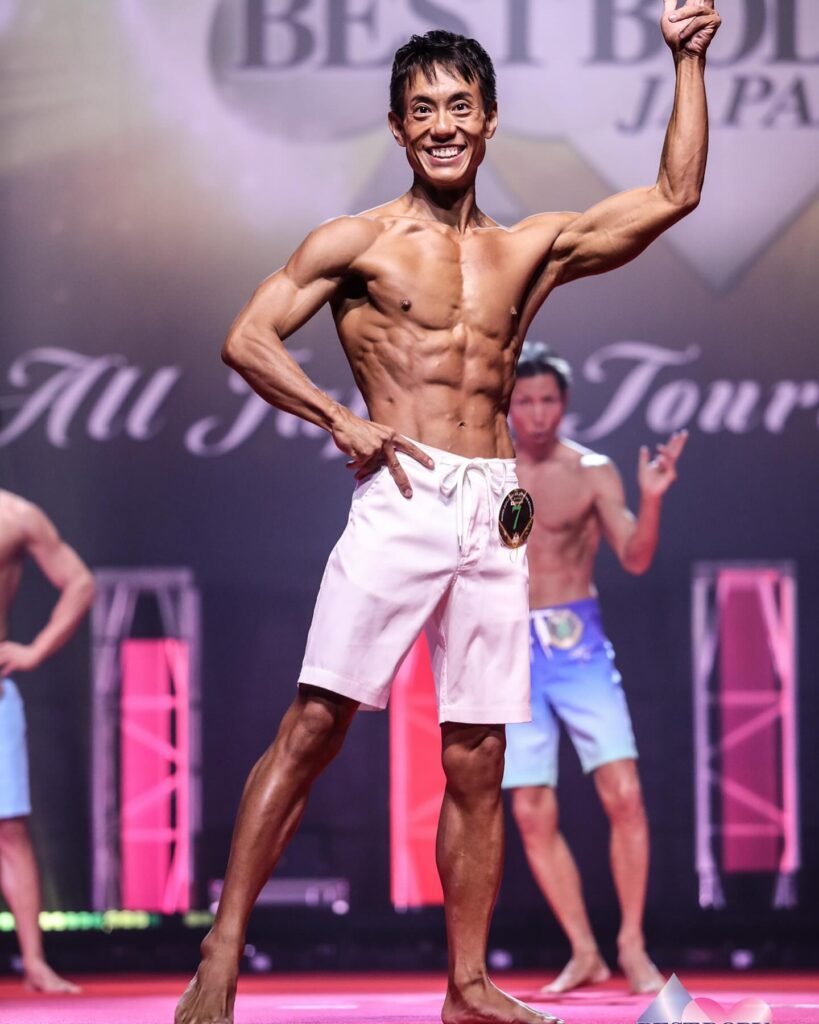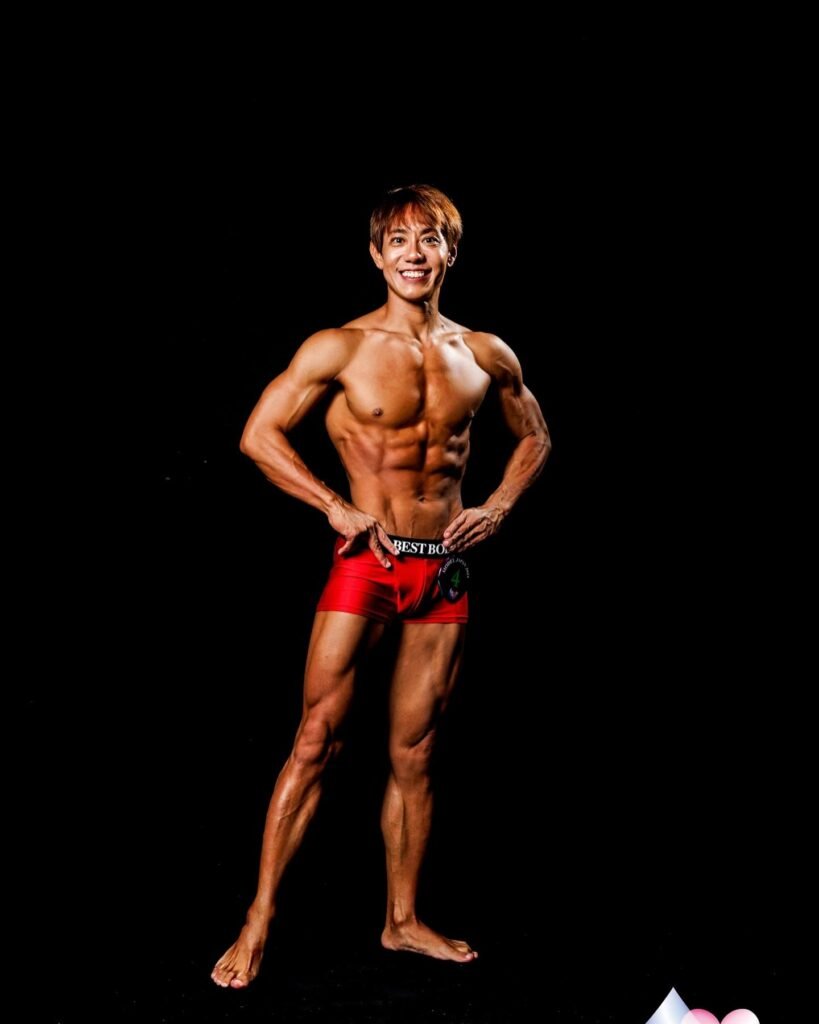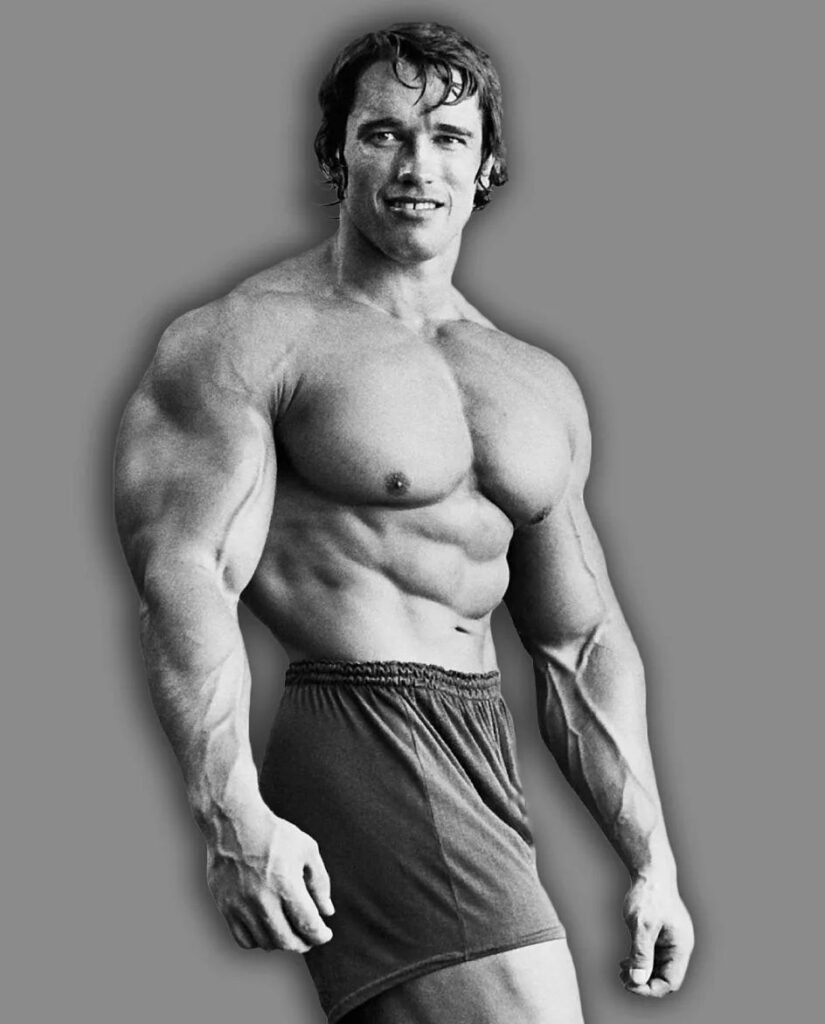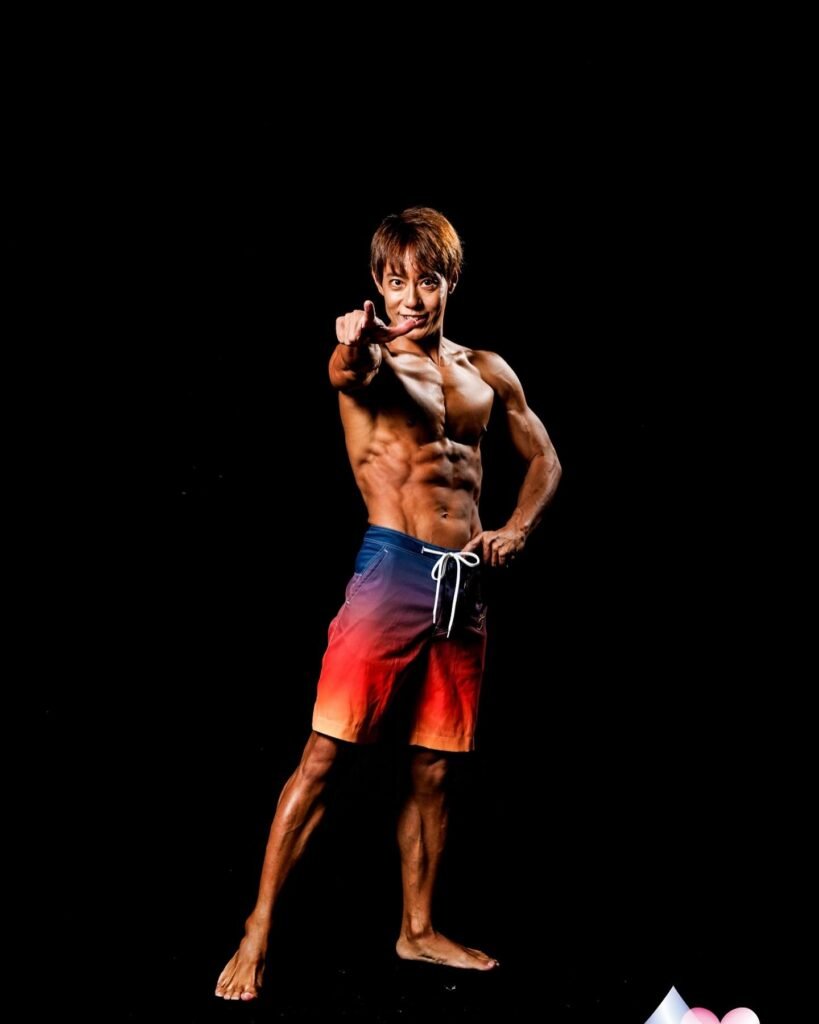For most of us, sleep is a sacred refuge, a chance to recharge and refresh after a long day. But for Japanese bodybuilder Daisuke Hori, sleep has become almost an afterthought. Hori, now 40 years old, has taken an unconventional approach to life, claiming that he has drastically reduced his sleep to just 30 minutes per day for over a decade.
Even more surprising, he believes this radical sleep deprivation has not only made him more productive but has also doubled his life expectancy. While his claims may sound far-fetched, Hori’s story has sparked widespread debate in both the bodybuilding and medical communities.
Defying Sleep Norms for Productivity and Longevity
Daisuke Hori’s extraordinary claims have taken the fitness world by storm. The bodybuilder insists that cutting his sleep to an astonishing 30 to 45 minutes per night has significantly improved his quality of life, allowing him to accomplish far more during his waking hours.

He attributes his ability to function on such minimal sleep to a combination of physical activity and caffeine.
By staying active and drinking coffee at strategic times, Daisuke Hori claims he can stave off the effects of drowsiness and maintain high energy levels throughout the day.
“As long as you do sports or drink coffee an hour before eating, you can stave off drowsiness,” Hori explained, offering what he believes is the key to his unusual sleep regimen.
AdvertisementContinue Reading Below
For 12 years, Daisuke Hori has maintained this extreme sleep schedule, insisting that his body and mind have adapted to functioning with minimal rest.
He describes his sleep approach as a way to maximize both productivity and longevity, suggesting that reducing sleep has somehow extended his life expectancy.
While this notion may sound revolutionary, it has left experts and skeptics questioning the validity of Hori’s claims.
Related: Mike O’Hearn’s Secrets to Longevity at 54 Years Old
Sleep Deprivation vs. Longevity: The Scientific Debate
Medical professionals have long emphasized the importance of sleep for overall health. According to the National Heart, Lung, and Blood Institute, adults are generally advised to get between seven and nine hours of sleep per night to support optimal health.
Prolonged sleep deprivation has been linked to a range of health issues, including high blood pressure, heart disease, stroke, and even an increased risk of death in severe cases.

Despite these warnings, Daisuke Hori’s claims challenge the traditional understanding of sleep and its role in health and longevity.
Hori argues that the quality of sleep is more important than the quantity, drawing comparisons to professionals in high-stress jobs like doctors and firefighters, who often function on limited sleep.
“People who need sustained focus in their work benefit more from high-quality sleep than long sleep,” Hori asserts. He suggests that these individuals maintain high levels of efficiency despite their reduced rest, making the case that his short sleep schedule is not entirely implausible.
AdvertisementContinue Reading Below
However, unlike doctors and first responders who experience periodic breaks in their work schedules, Hori claims to have maintained his minimal sleep routine continuously for over 12 years.
His argument raises questions about whether his methods are sustainable or safe over the long term.
Related: Dorian Yates Shows Off Jacked Physique at 62
Skepticism from Sleep Experts
Despite Daisuke Hori’s confident claims, sleep experts have expressed serious doubts about the feasibility of such a sleep schedule. Dr. Thomas Kilkenny, director of the Institute of Sleep Medicine at Northwell Staten Island University Hospital, is among those who find Hori’s assertions highly questionable.
Kilkenny shared his skepticism with the New York Post, stating that Hori’s sleep schedule seems nearly impossible.
“I find it very hard to believe that this gentleman only sleeps 90 minutes daily. This seems to be impossible. No one knows exactly why we sleep, but it is well understood that sleep deprivation causes extreme negative effects on the mind and body,” Kilkenny remarked.
AdvertisementContinue Reading Below
Kilkenny further emphasized that prolonged sleep deprivation is not only detrimental but can be life-threatening. “Continued lack of sleep will cause death. Sleep deprivation is banned by the Geneva Convention as a form of torture. A human cannot function correctly without the proper amount of sleep. I doubt this gentleman’s story is accurate, and it definitely is not going to increase his life expectancy.”
Bodybuilding and Sleep: A Different Perspective
Daisuke Hori’s controversial claims have also drawn attention within the bodybuilding community, where adequate sleep is typically viewed as essential for muscle recovery and overall performance.
Seven-time Mr. Olympia champion Arnold Schwarzenegger has long been an advocate of getting enough rest, often referring to sleep deprivation as the “silent killer of muscle.” Over the years, Arnold Schwarzenegger has shared numerous studies linking sufficient sleep to weight loss, muscle gains, and overall health.

In contrast to Hori’s approach, Arnold Schwarzenegger and other experts stress the importance of rest for athletes looking to optimize their performance. Bodybuilding requires intense physical training, and sleep plays a crucial role in allowing the body to repair itself and grow stronger.
Daisuke Hori’s drastic reduction in sleep challenges this widely accepted principle, but his success in maintaining a muscular physique raises questions about how his body has adapted to his unique sleep schedule.
Teaching the Art of “Short Sleep”
Despite the skepticism, Daisuke Hori’s unconventional methods have attracted attention from those curious about optimizing productivity and time management.
In 2016, Daisuke Hori founded the Short Sleepers Training Association, an organization that teaches others how to reduce their sleep and function on limited rest.

Through his association, Hori has shared his techniques with individuals seeking to maximize their waking hours and potentially extend their lives.
Recently, Hori competed in Best Body Japan, a prestigious bodybuilding competition that highlights some of Japan’s most impressive physiques. His participation in the event further fuels the conversation around his unique approach to fitness and sleep.
Conclusion: Can Less Sleep Lead to a Longer Life?
Daisuke Hori’s claims about sleeping just 30 minutes a day and doubling his life expectancy have sparked intrigue and controversy.
While his story offers an unconventional perspective on productivity and longevity, experts remain skeptical about the long-term effects of such extreme sleep deprivation.
Sleep is a fundamental biological function, and its importance for health and well-being cannot be ignored.
While Hori’s methods may have worked for him, they are not necessarily a one-size-fits-all solution. If you’re considering adopting a similar approach, it’s important to do thorough research, consult medical professionals, and listen to your body’s needs.
Whether or not less sleep is the secret to living longer remains up for debate, but Hori’s story certainly invites a deeper conversation about how we use our time—and how much rest we truly need to thrive.